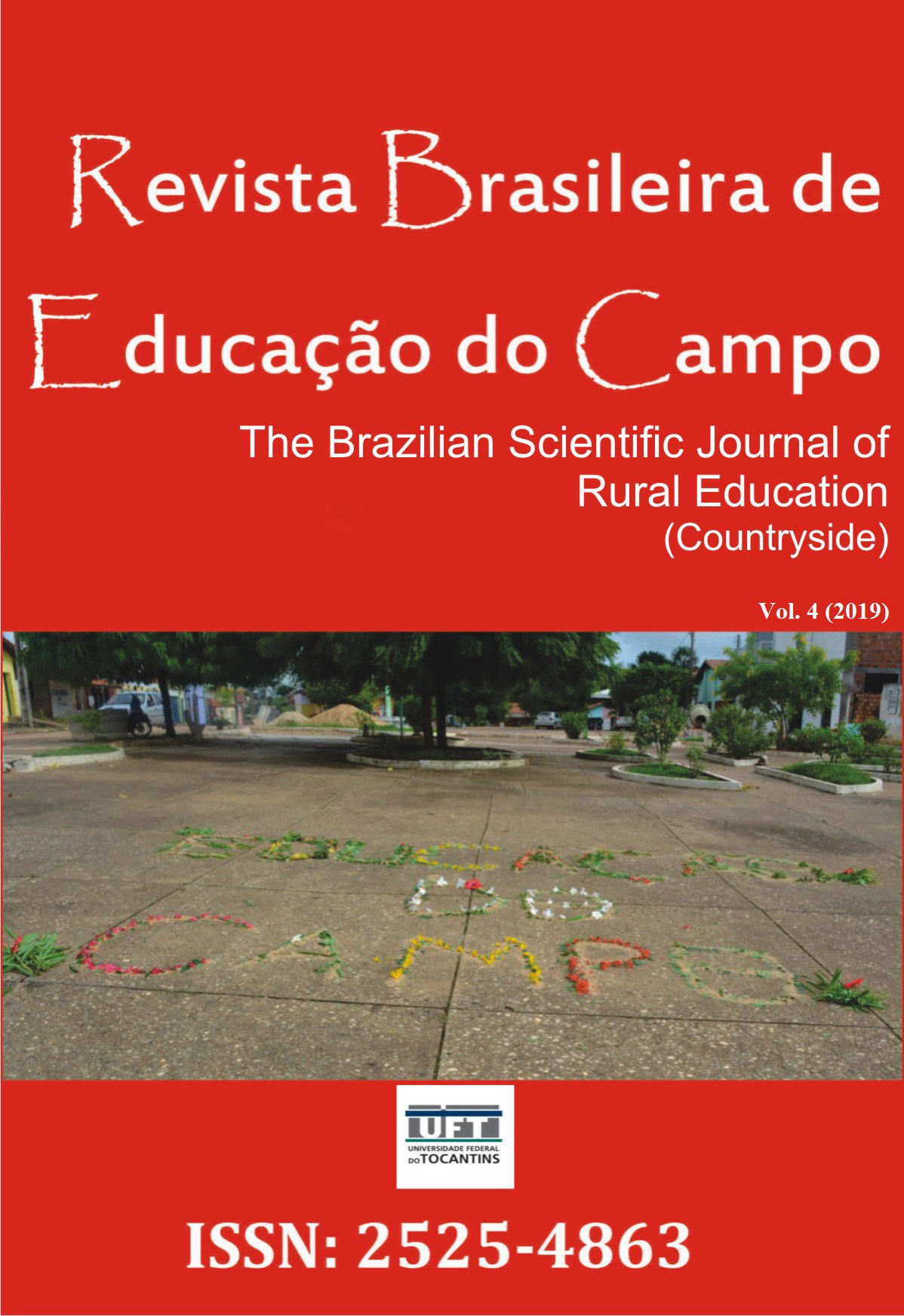#UsefulScience: National Science and Technology Week in rural schools
DOI:
https://doi.org/10.20873/uft.rbec.v4e6110Abstract
ABSTRACT. This article reports on the execution of the #Useful Science project, part of the National Science Science Week (SNCT) of 2017. This project was executed in five rural schools in the micro-region of the Middle Mearim (MA), by teachers and students of the Federal University of Maranhão. The activities developed consisted of eleven workshops and a photographic exhibition, through which information and applications of scientific research associated with popular knowledge were presented to the public formed by the school and local communities, seeking to arouse their attention to the resulting effects of the natural sciences and mathematics in your daily life. In addition, children and young people were encouraged to seek new knowledge and scientific and technological careers. The project had a significant participation of the faculty, students and administrators of the schools served, as well as the community in its surroundings. During its execution, 715 citizens were served. After the final evaluations, we verified that the activities accomplished reached their objectives, contributing to the expansion of the understanding about science and technology, detected through the recognition of their relevance and the connections made with their realities.
Downloads
Published
How to Cite
Issue
Section
License
Proposal for Copyright Notice Creative Commons
1. Policy Proposal to Open Access Journals
Authors who publish with this journal agree to the following terms:
A. Authors retain copyright and grant the journal right of first publication with the work simultaneously licensed under the Creative Commons Attribution License that allows sharing the work with recognition of its initial publication in this journal.
B. Authors are able to take on additional contracts separately, non-exclusive distribution of the version of the paper published in this journal (ex .: publish in institutional repository or as a book), with an acknowledgment of its initial publication in this journal.
C. Authors are permitted and encouraged to post their work online (eg .: in institutional repositories or on their website) at any point before or during the editorial process, as it can lead to productive exchanges, as well as increase the impact and the citation of published work (See the Effect of Open Access).















